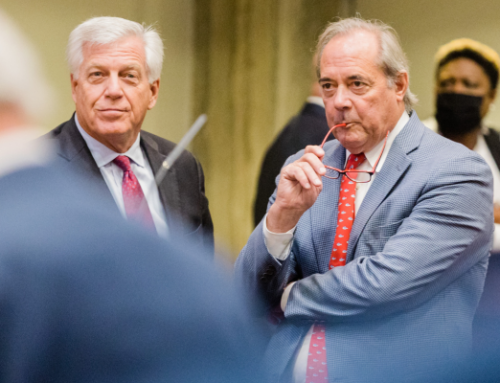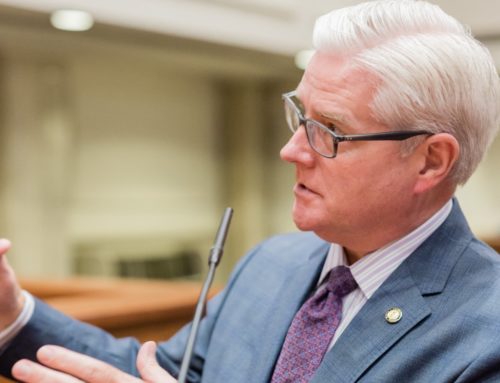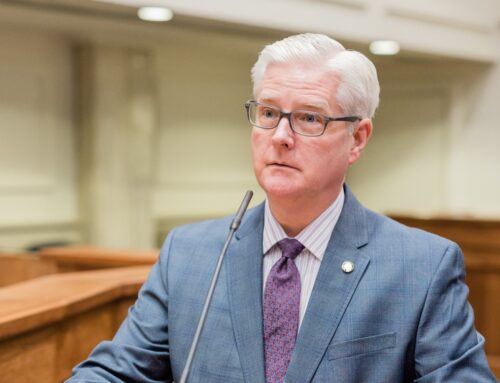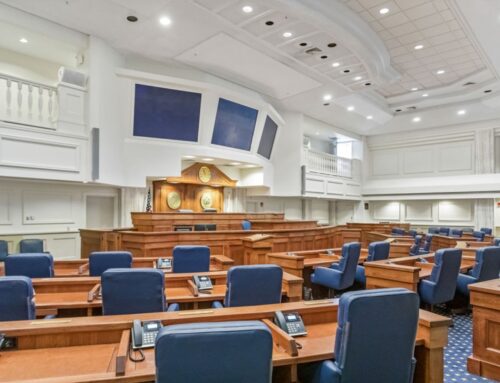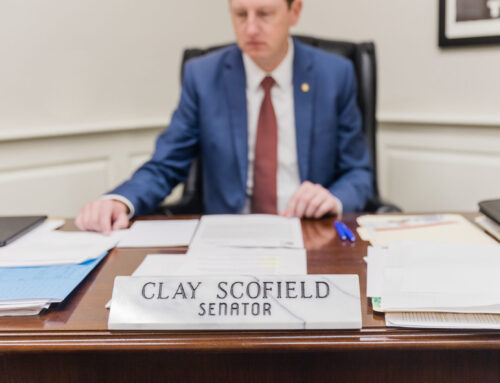Alabama has changed dramatically over the last decade, and the greatest indication of that transformation is the state’s financial footing. When the majority in the state legislature changed to Republican control in 2011, the state’s financial status reversed course. Under a Democratic majority, there were continual gaps in the budgets of numerous agencies, and every attempt at estimating revenue was a fiction. A state constitutional amendment was passed to survive through these transitional years without tax increases, allowing the state of Alabama to borrow oil and gas royalty money from the Alabama Trust Fund. Approximately $450 million was released to the legislature to meet financial demands over four years. Within five years, a payment process was established in which this total was being paid back from the General Fund to the Alabama Trust Fund at an annual sum of $13 million per year.
Today, in 2022, Alabama’s budgets are flourishing in ways never experienced in our history. Most needs of the public are being met with adequate financing. Reserve accounts have been established and are now fully funded. These preparations have provided the financial means for Alabama to meet the unforeseen and traumatic experience – the Covid-19 pandemic – with an ease unsurpassed by other states. Having met those crises, Alabama continues on the path of conservative budgeting with phenomenal results.
In the first quadrennium under a Republican majority, the entire budgeting process was changed. One of these changes was the Responsible Budgeting and Spending Act, which revised the budgeting process for the Education Trust Fund by allowing a “rolling reserve” process to make the Education Trust Fund resistant to proration. This substantially changed the process to prevent the government from spending every dime on hand. Further modifications were made requiring future budget estimates to be based upon actual revenue receipts from the previous year. This process alone has actually prevented budget estimates from becoming unsustainable or even fictional numbers. Republicans established several restraints and modifications along these lines to reshape and enhance the budgeting processes.
These common-sense changes have dramatically helped Alabama not only survive the last 12 years, but to financially thrive with low unemployment and job growth in the private sector. In the public sector, Alabama has not only achieved financial stability, but in the General Fund budget for 2023, has appropriated $156 million to fully and completely payoff the Alabama Trust Fund loan from those early, difficult years. Because of the fiscal responsibility practiced over the last decade, Alabama, and our people, now have the means and processes in place that give the state a sound financial foundation to handle most anything that comes our way.
The Senate-passed General Fund is the largest in the state’s history, totaling $2.70 billion. The budget increases funding for mental health including money for two additional crisis diversion centers, provides for a cost-of-living adjustment for state employees, delivers an education retiree bonus, sends money back to Alabama taxpayers, and more. The improvements that will come from this historic budget will impact the state for years to come, and I am extremely proud of the Senate’s collaborative work on this great effort.
Though there is still work to be done, we have made considerable progress, specifically pertaining to our financial standing. Republicans, working together toward common goals, have achieved great progress in meeting the needs of our people and established a pattern of conservative spending for the future. Alabamians can be confident that their leaders will continue to exercise responsible budgetary practices that will benefit taxpayers for future generations.
Alabama Republicans have made and have kept their promises to the people. We have increased our infrastructure, improved our services, brought financial stability to the state and its employees, paid off indebtedness, reduced the number of state employees, and even reduced the tax burden on most Alabamians. The future of Alabama is bright, and we look forward to tackling the continuing problems we have in mental health, education, and affordable health care.


